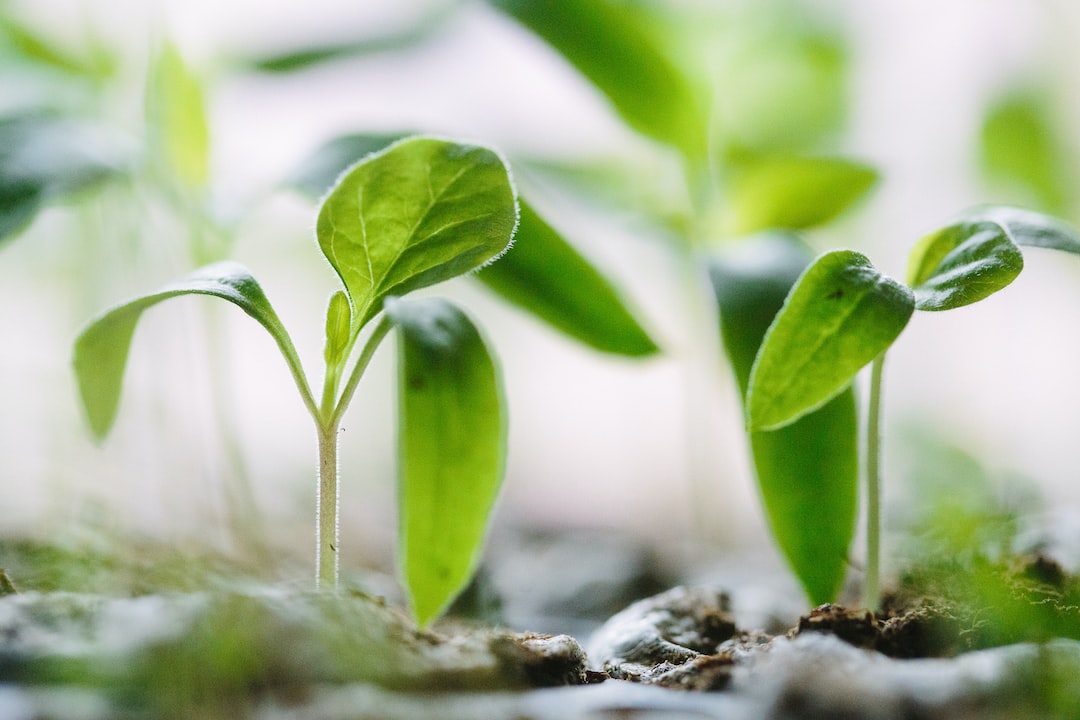Successful Composting: Turning Kitchen Waste into Nutrient-Rich Soil
Composting is a natural process that transforms kitchen waste into nutrient-rich soil. It is a sustainable and eco-friendly way to reduce waste and enrich your garden. Not only does it divert organic waste from landfills, but it also provides a free source of valuable fertilizer for your plants. In this blog post, we will explore the benefits of composting and provide some tips on how to successfully compost kitchen waste.
One of the main benefits of composting is its positive impact on the environment. When organic waste ends up in landfills, it decomposes in an anaerobic environment, releasing methane, a potent greenhouse gas that contributes to climate change. By composting kitchen waste instead, you are directly reducing the amount of methane produced and emitted into the atmosphere. Additionally, composting helps to conserve water by improving the soil’s ability to retain moisture, reducing the need for irrigation.
Composting also helps create nutrient-rich soil that is a key component for healthy plant growth. The decomposition process breaks down organic waste into a dark, crumbly substance called humus, which is full of essential plant nutrients. These nutrients not only provide nourishment to your plants but also improve soil structure and fertility. By adding compost to your garden soil, you are enriching it with organic matter, making it more conducive to plant growth and ensuring long-term sustainability.
Now that we understand the benefits of composting, let’s dive into some tips on how to successfully compost kitchen waste. The first step is to choose the right composting method that suits your needs and space availability. Traditional compost bins or piles are a popular option for larger gardens or outdoor spaces. However, if you have limited space or live in an urban area, you can opt for a smaller composting system like a worm bin or a tumbler composter.
Next, it’s essential to balance the carbon-to-nitrogen ratio in your compost pile. Carbon-rich materials, such as dried leaves, shredded paper, or sawdust, provide the energy source for microorganisms that break down the waste. Nitrogen-rich materials, on the other hand, include kitchen scraps like fruit and vegetable peels, coffee grounds, and eggshells. It’s crucial to maintain a balance between these two types of materials to ensure efficient decomposition. A general rule of thumb is to have about three parts carbon to one part nitrogen.
Proper aeration and moisture are also key to successful composting. A well-aerated compost pile allows oxygen to flow through, promoting aerobic decomposition and preventing unpleasant odors. Turning the pile regularly with a pitchfork or a compost aerator helps ensure proper aeration. Additionally, maintaining an optimal moisture level of around 50-60% is critical. The compost pile should be damp, like a wrung-out sponge, but not overly wet. If it’s too dry, add water, and if it’s too wet, add more dry carbon-rich materials.
Patience is key when it comes to composting. The decomposition process takes time, typically several months to a year, depending on various factors such as temperature, moisture, and the size of the compost pile. Regularly monitor the temperature of the pile, as it should ideally reach between 130-160°F (55-70°C), indicating that the microorganisms are actively breaking down the waste. If the temperature is too low, it may be a sign that the pile needs more nitrogen-rich materials or better aeration.
In conclusion, composting kitchen waste is a simple and effective way to reduce waste, improve soil fertility, and contribute to a healthier environment. By following these tips and being patient, you can successfully turn your kitchen waste into nutrient-rich soil that will enrich your garden and promote sustainable gardening practices. Start composting today and reap the benefits of this natural and eco-friendly process.


